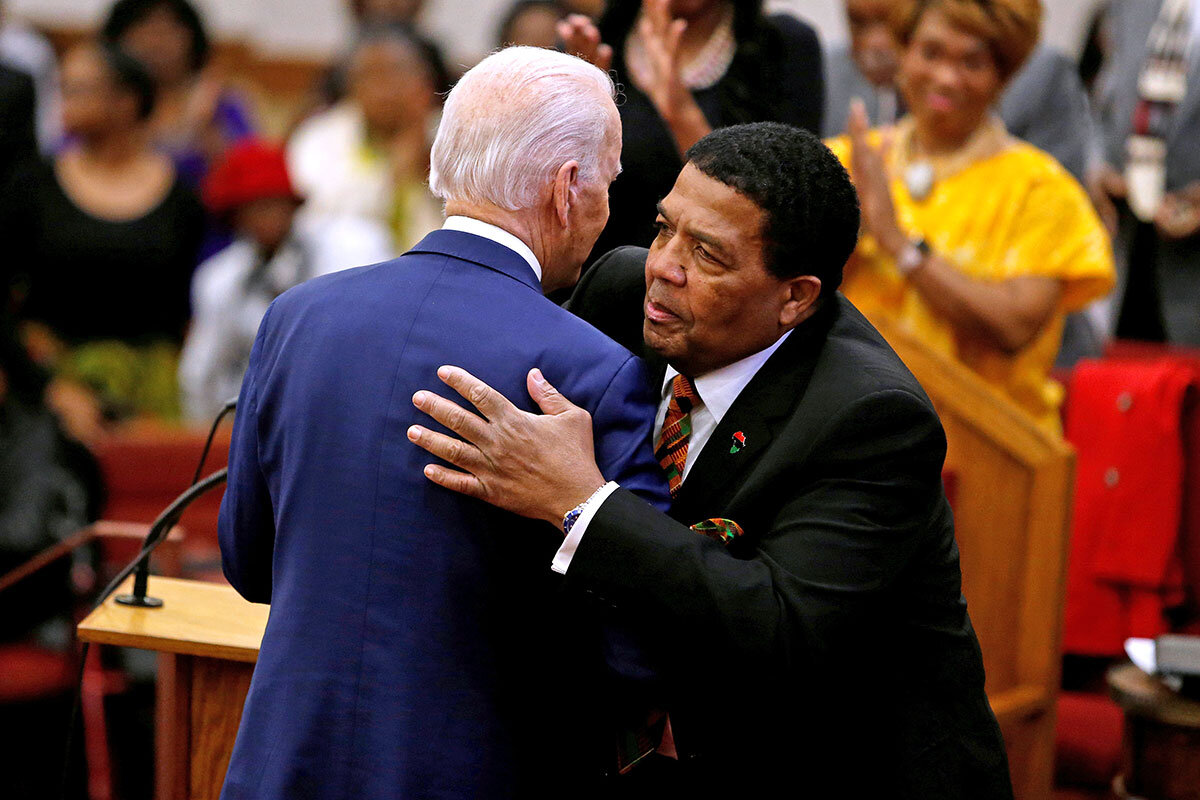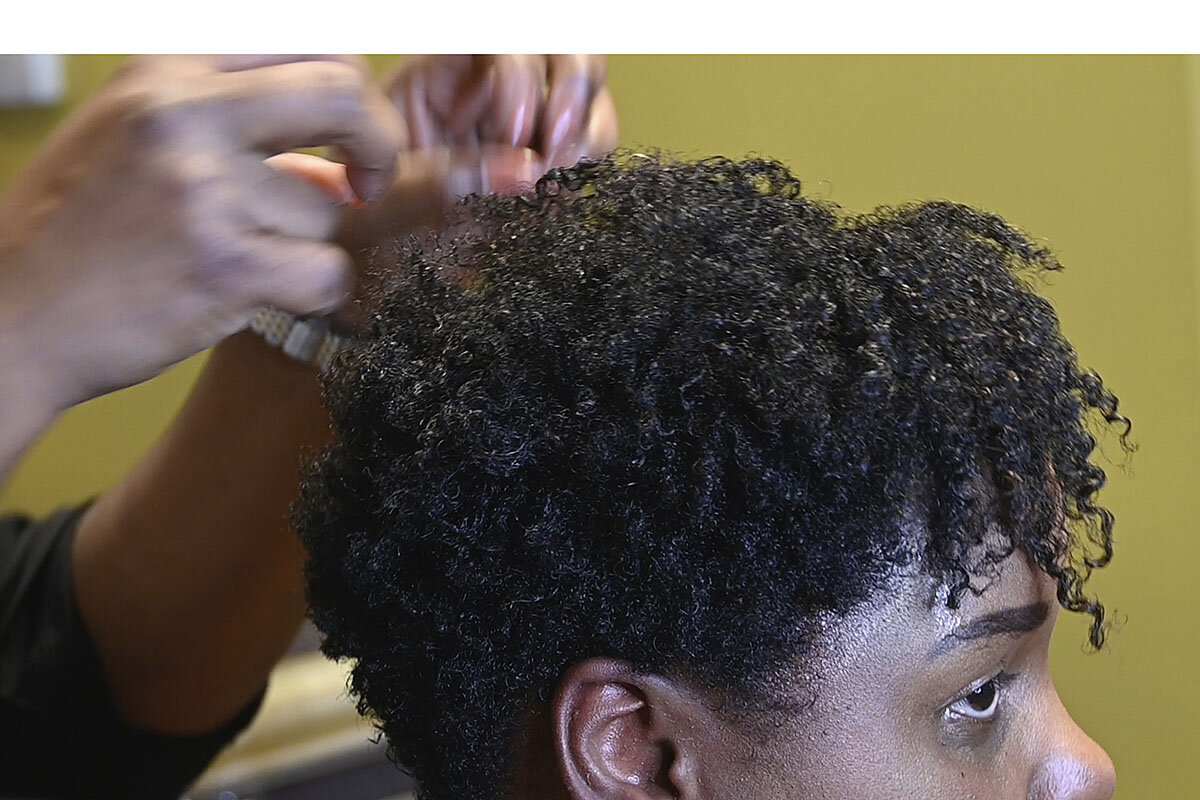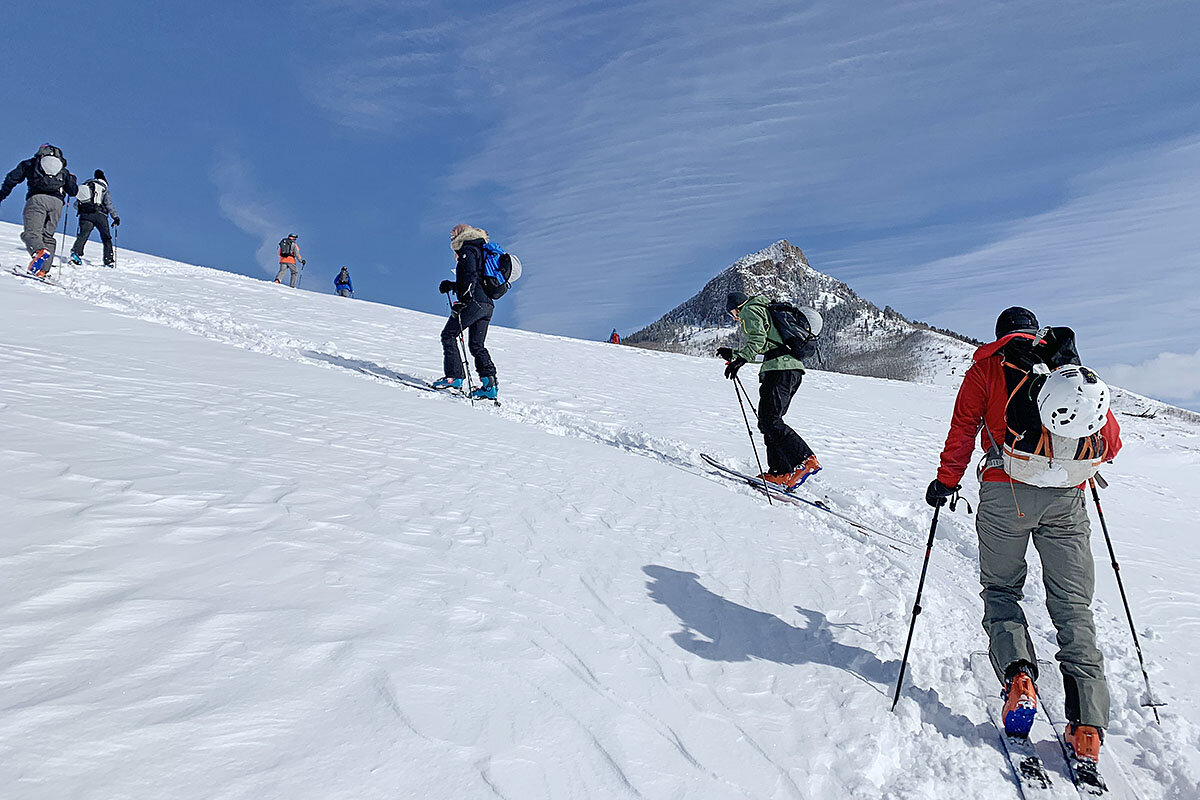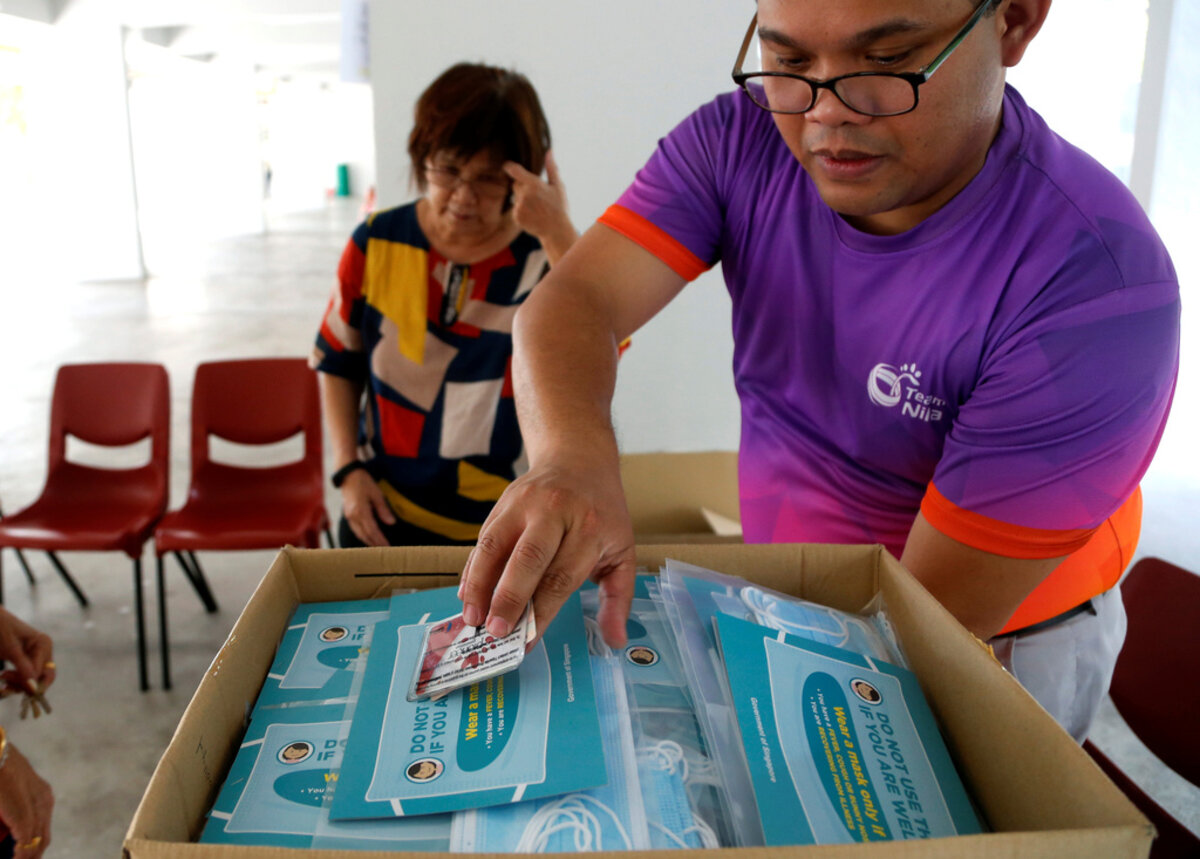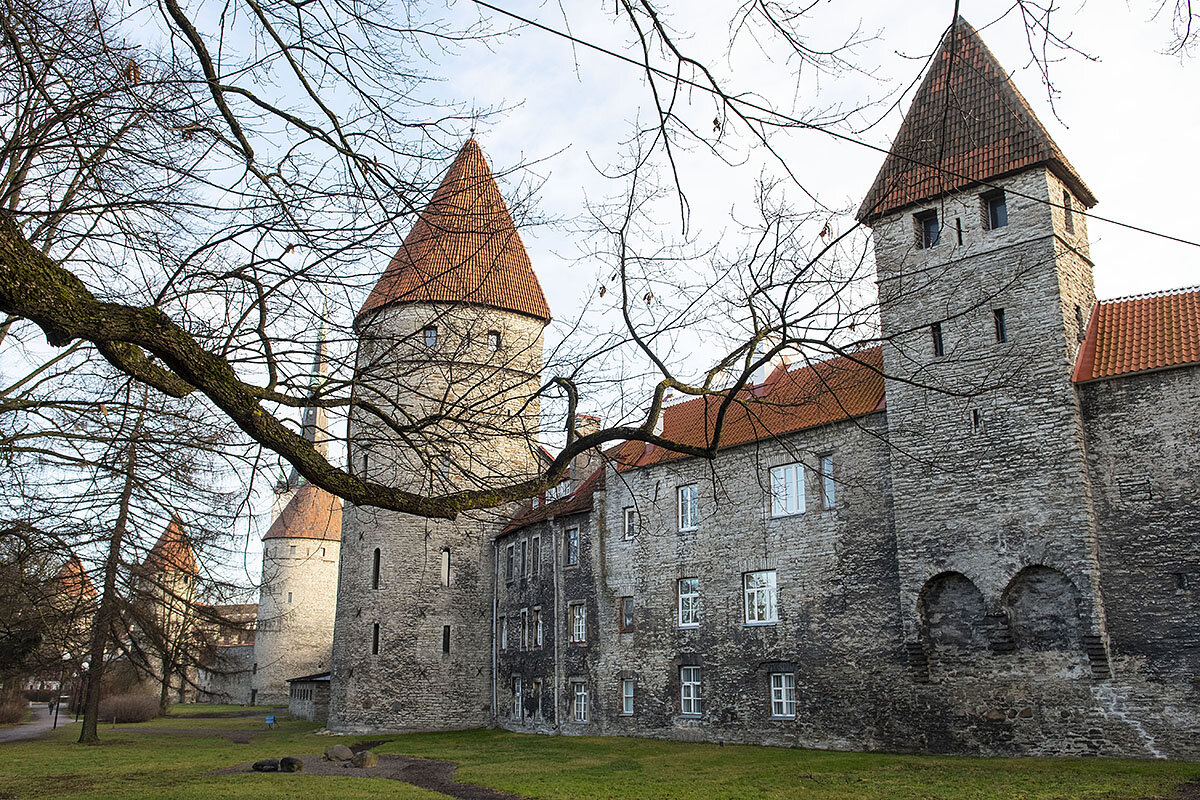If peace is to come to Afghanistan, shifting attitudes among the Taliban are key. Our reporter ventured into jihadi-held territory to speak in person with fighters. They are not of one mind on peace.
Monitor Daily Podcast
- Follow us:
 Peter Grier
Peter Grier
Here’s today’s table of contents: a face-to-face conversation with the Taliban about Afghanistan’s future, Joe Biden and what’s happening with centrism in America, how Pete Buttigieg’s sexual orientation plays in the South, state bills to ban discrimination against people due to their natural hair, and uphill skiing.
Health experts say the coronavirus is a threat almost tailor-made to induce fear.
It’s new. Scientists don’t fully understand it. News coverage of each new patient adds to the sense that it’s out of control.
It’s not a risk we’ve chosen to run, as is, say, driving a car.
Rolled together these attributes can produce a “crowding-out effect,” where our emotions override our cognitive faculties, says Ann Bostrom, a professor of public health at the University of Washington, .
We overlook things that might make us feel less fearful – such as a new study’s assertion that . We disregard that many doctors say that right now it is more important to guard ourselves against the flu.
As of Feb. 28, Johns Hopkins University health care experts that “at this time the general risk of exposure to COVID-19 is very low in the United States,” though the worldwide number of cases continues to rise.
One problem in the U.S. may be that politicians are doing a lot of the coronavirus messaging.
When people become anxious about disease outbreaks, they become more trusting of health experts, but not of government officials per se, according to Shana Gadarian, a professor of political science at Syracuse University and co-author of “Anxious Politics.”
The Centers for Disease Control and Prevention “should be out in front leading the messaging, not the White House,” Dr. Gadarian .





